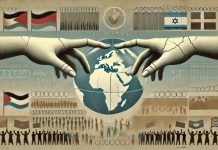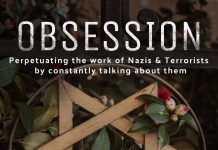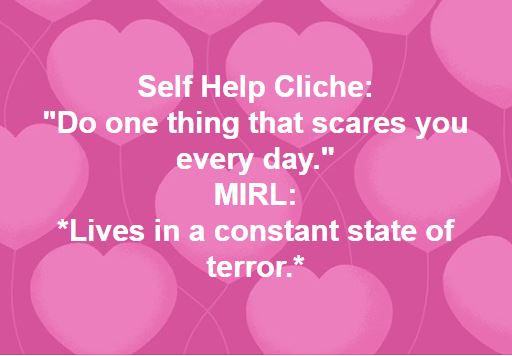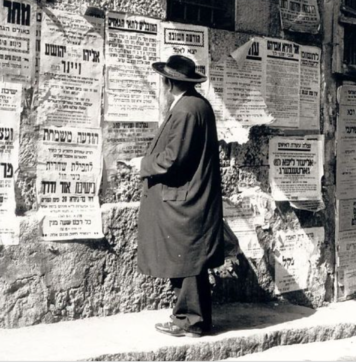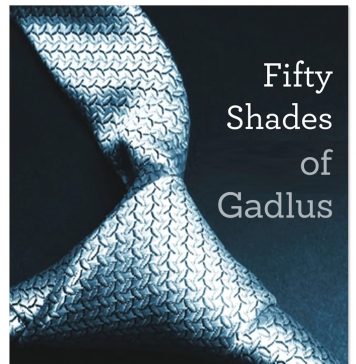“On Rosh Hashanah, we pray to be inscribed in the book of life,” explains Rabbi Feigenkrantz. “On Yom Kippur, Hashem seals the deal.”
It was a very narrow window of opportunity that affected the rest of the year, so try to stay inspired. Don’t fuck this up, ok? Rabbi Feigenkrantz goes on to elaborate that those who were less fortunate due to absence of merit, overabundance of sins, not praying hard enough, or not bailing out said imbalanced Merit and Sin Sheet with an influx of charitable cash, might end up in the Book of Death instead.
Rosenberg doesn’t understand what all the hype is about. Death didn’t seem so bad, especially if it spared him another round of Elul, Shofar, Slichot, checking your Etrog for spots, or Rabbi Feigenkrantz’s insufferable speeches.
“There are a lot of ways to go,” elaborates Rabbi Feigenkrantz. “A lot.”
God, in his Creative and Loving wisdom, had come up with fire, water, earthquakes, plagues, and The Disease That Shall Not Be Named, just to name a few. There’s a full review of the subject during a particularly inspiring part of davening, and the cantor traditionally cries at that point. The thinking here was that it was not enough for God to just remove you from this world for your inequities, He had to extract just a bit more atonement before you went.
“There are a lot of ways to go,” elaborates Rabbi Feigenkrantz. “A lot.”
Just as a pomegranate is full of seeds, Rabbi Feigenkrantz was full of metaphors and euphemisms. Bad things were “atonement”. Things you didn’t understand were “Kabbalistic”. Bathrooms were The Room That Did Not Have a Mezuza. Wanting things was The Evil Inclination.
Eskimos have 100 words for snow, Judaism has 613 words for things you want but can’t have. The only thing you can have in this life, even if you don’t want it, is Suffering.
In fact, as far as Rosenberg could tell, threatening someone with a grisly death at the tail end of a grisly life didn’t pack much of a punch. It was like telling a prisoner that at the end of their 80 year sentence they’d have to walk back home on foot.
“Now let’s talk about hell,” says Rabbi Feigenkrantz, making sure he exhausted the entire topic of reward and punishment. This was the time of year for whipping a dead chicken.
Judaism doesn’t believe in eternal damnation. Instead, it believes in 12 months of hell in a world that has no measurable time. It’s more of a spiritual washing machine. (Leading Kabbalist recommend mixing Psalms™ hell softener into your experience for better results and a subtle scent of scorched flesh.) After feeling like shit for a while, you’ll be clean, sparkly, and ready for an eternity spent on God’s benevolent lap.
Of course, if you really fuck up, clarifies Rabbi Feigenkrantz, you’re toast. If you do anything on The List of 48 Random Things That God Hates Extra, like sleeping with a menstruating woman or picking a flower on Saturday when there are no witnesses to get you executed, your soul ceases to exist.
Poof.
Rabbi Feigenkrantz scrunches up his nose and nearsightedly peruses the aforementioned list. It was a good list. Solid. Creative. Comprehensive. Leaving little room for success. By the looks of it, heaven wouldn’t be too overcrowded, which was his biggest fear. He’d get his penthouse overlooking hell, as he had prayed so fervently for.
Rosenberg wants a copy of that list, for his own purposes.
“What’s the point of being alive?” he asks pointedly.
Rabbi Feigenkrantz beams over his thicc plastic eyeglass frames. He was prepared for this question. He was prepared for all questions.
“Great question! The Rabbis asked the exact same thing!”
He opened up his Talmud, The Egg Tractate, and started leafing through it.
“And?” probes Rosenberg.
“And what?” Rabbi Feigenkrantz looks up, annoyed.
“And what did they conclude?”
“Who?”
“The Rabbis.”
“Ah, The Rabbis!” says Rabbi Feigenkrantz, instructing the class to turn to Daf 32b, three lines from the bottom.
“They actually disagreed on the matter. Some said it was worth being born, some said it was not. But both are the ever-living word of God.”




